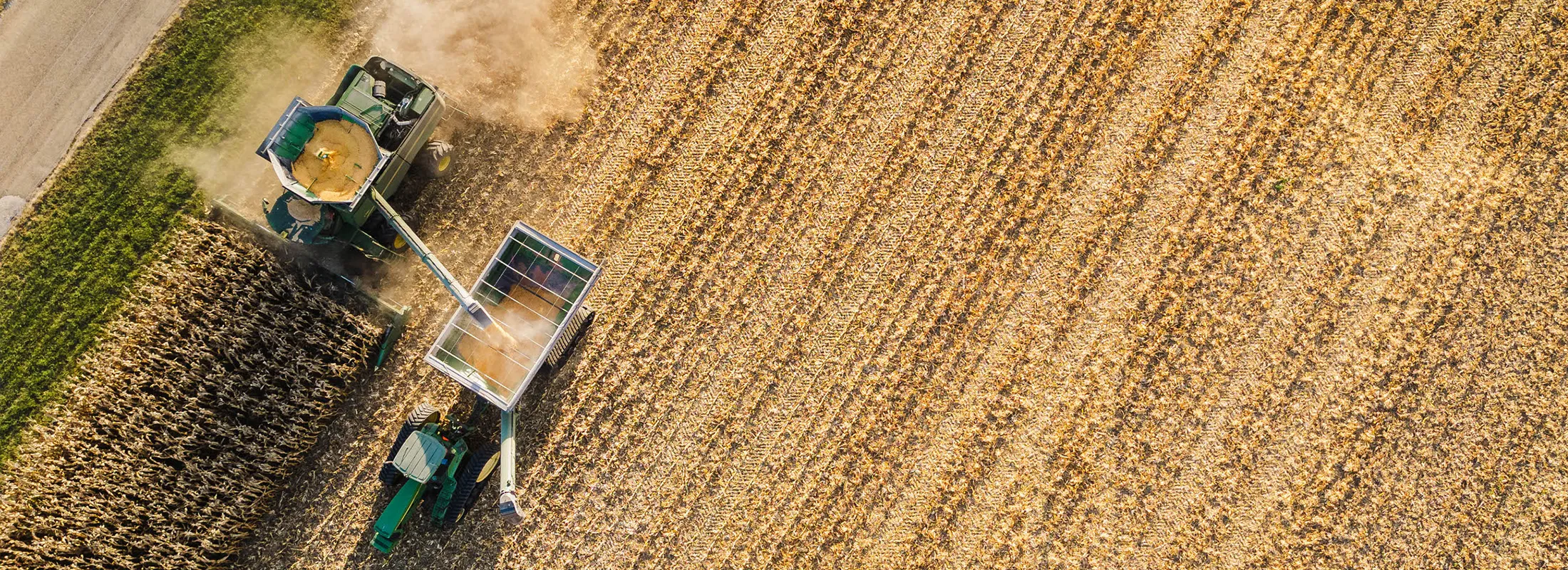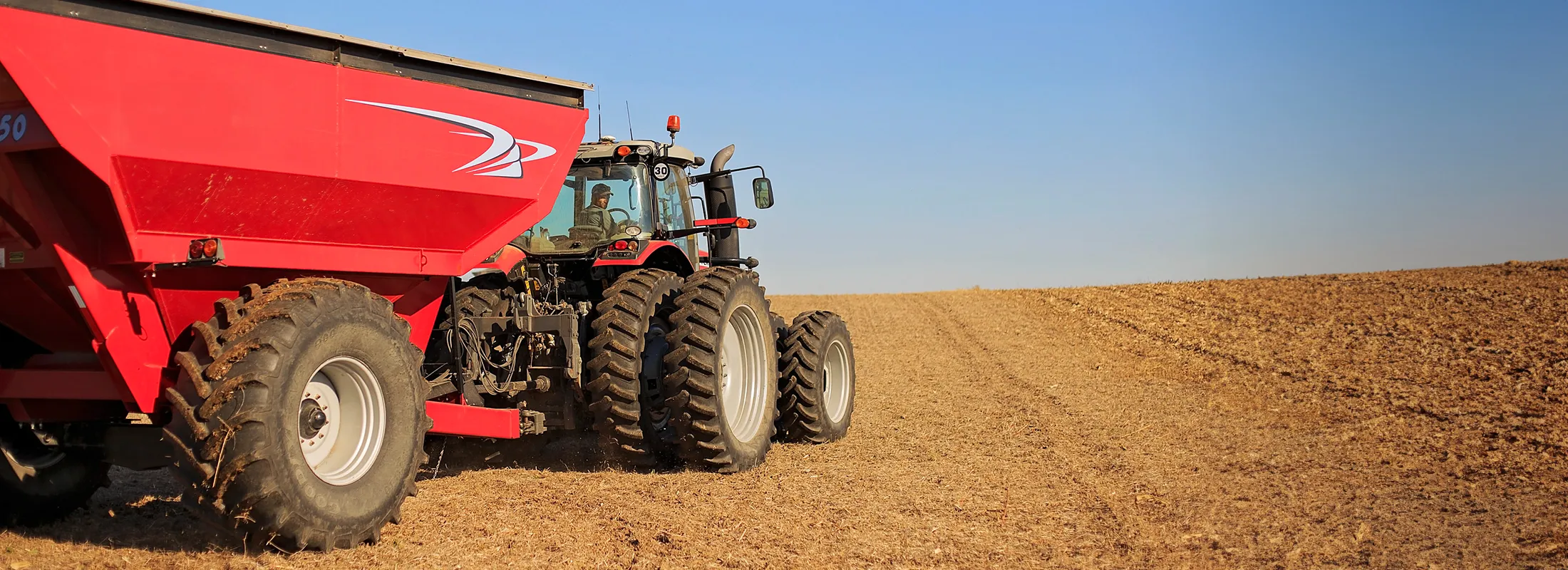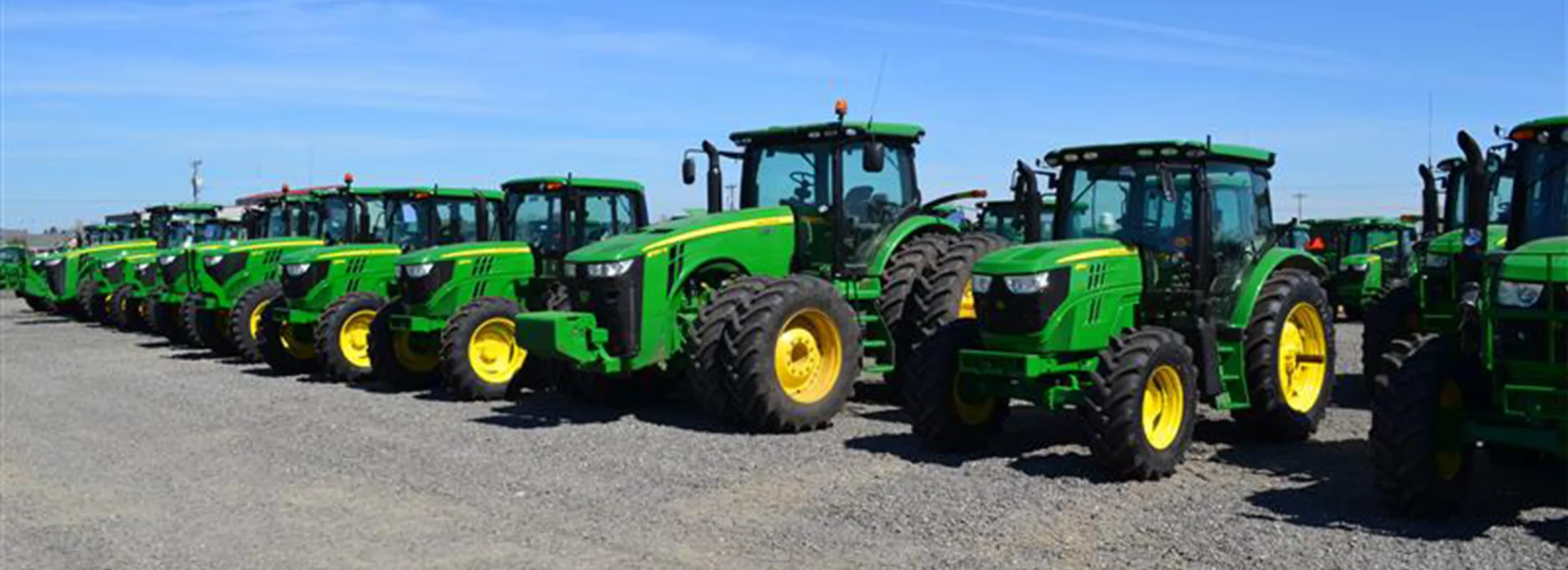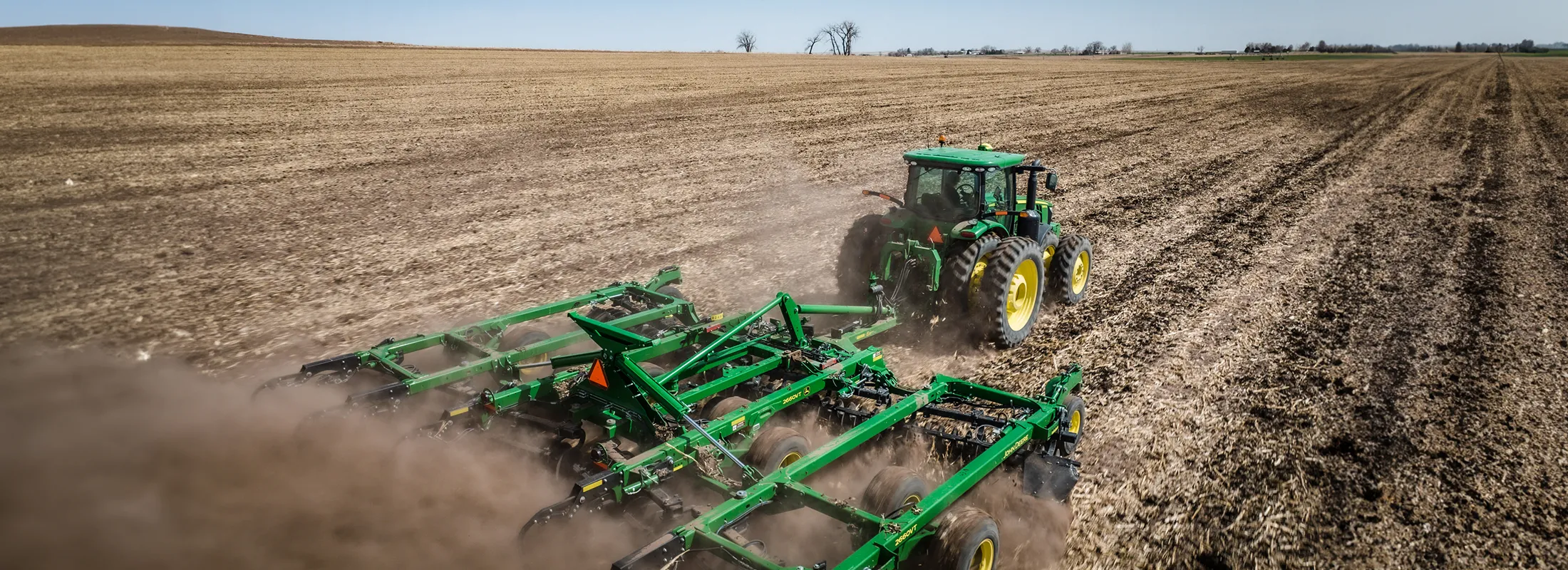Harvest time is one of the busiest seasons in agriculture which also makes it one of the peak periods for preventing farm injuries and fatalities. For this reason, the third week of September is observed as National Farm Safety Week.
As a leader in equipment financing, AgDirect® recognizes that many farm accidents often involve machinery and grain handling equipment. But a few simple steps can help make your farm safer for everyone working or living on or around it.
Here are 7 steps to help keep your farm safe this busy harvest season:
In general, the best way to keep safe on your farm – in addition to these specific measures– is to stay aware of all potential dangers and be ready to act quickly if a hazardous situation arises.
As you enter harvest season, AgDirect is here to help you make the right financing decision on your next equipment purchase so you can focus on what matters most in your operation, including farm safety.








